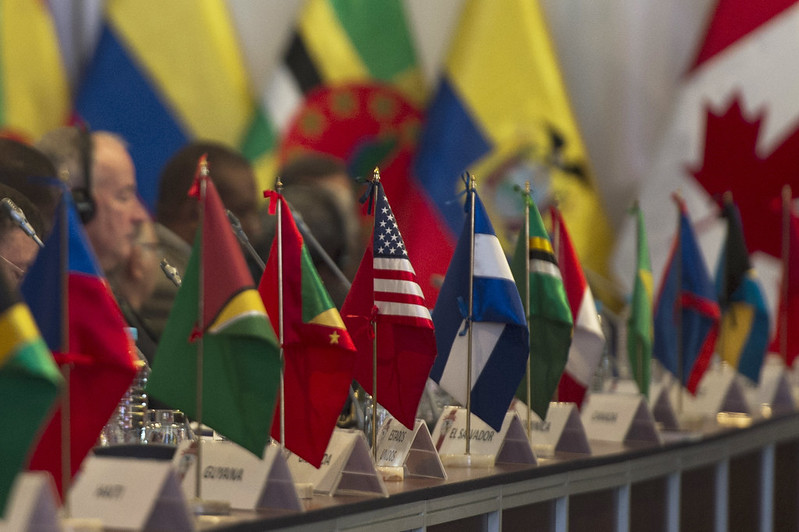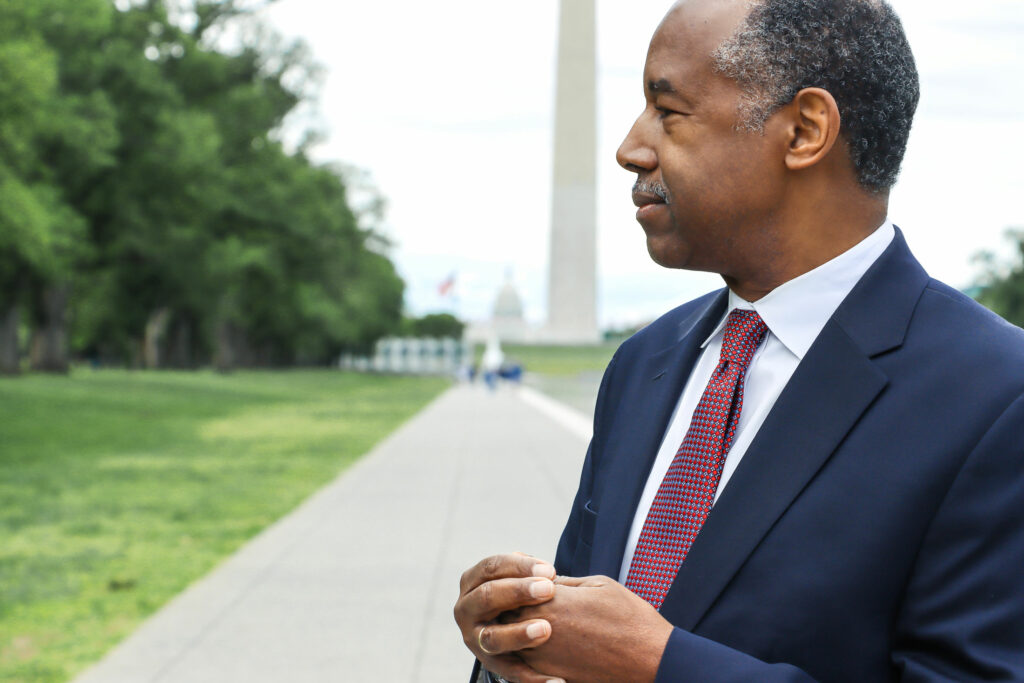 The United States has often been described as a world power, a shining city on a hill, and a global leader in advancing democracy across the globe. Many phrases are used to illustrate our country’s prominence on the international stage, but when it comes to supporting others financially, the U.S. spends like drunken sailors without any hope of a return on our investment.
The United States has often been described as a world power, a shining city on a hill, and a global leader in advancing democracy across the globe. Many phrases are used to illustrate our country’s prominence on the international stage, but when it comes to supporting others financially, the U.S. spends like drunken sailors without any hope of a return on our investment. That is why America’s foreign aid policy should be shifted away from a charity-based model to a loan-based model. Today, the United States hands money to needy nations almost exclusively without any terms or conditions, guised as aid. For example, in the fiscal year 2023, the United States distributed $60 Billion in “aid” (charity) across 208 countries, without any timeline of future repayment or conditions of loyalty.
Moving forward, such funding needs to have strict terms and conditions regarding repayment and use. The terms of aid do not need to include high-interest rates or a strict timeline to pay back the funds, but these tremendous sums must come with some benefit to the United States. Low or zero interest rates and extended repayment timeframes are fine, as long as the recipient knows that this loan is conditioned on their support of the United States.
Most of this money is distributed and managed at the agency level by partisan career bureaucrats who want nothing more than to keep the spigot for their pet projects turned on. Furthermore, the officials who manage these programs often push their own political agendas rather than the goals of the United States. That’s why so many of these programs support a divisive political and cultural agenda abroad, such as open borders, abortion, racist DEI initiatives, LGBT causes, and climate extremism.
Additionally, a large portion of foreign aid goes to left wing non-profit and multi-national organizations. The dollars funneled from federal agencies to NGOs are incredibly difficult to track, thus ensuring alignment with US priorities is nearly impossible. Dollars should be sent with a deliberate purpose for use and discretion by the governments we are attempting to aid rather than lining the pockets of the international swamp.
Aside from understanding these dollars will be paid back to Uncle Sam, countries receiving fistfuls of cash need to also recognize that going forward, there will be oversight on how this money is spent. Anything deemed outside of the interests of the United States should not be funded by the United States.
It is important to protect and support our allies as well as those who need us abroad. The more we give without any expectation of return, the more needy countries will continue to take advantage of the United States and come back to the well for more and more.

